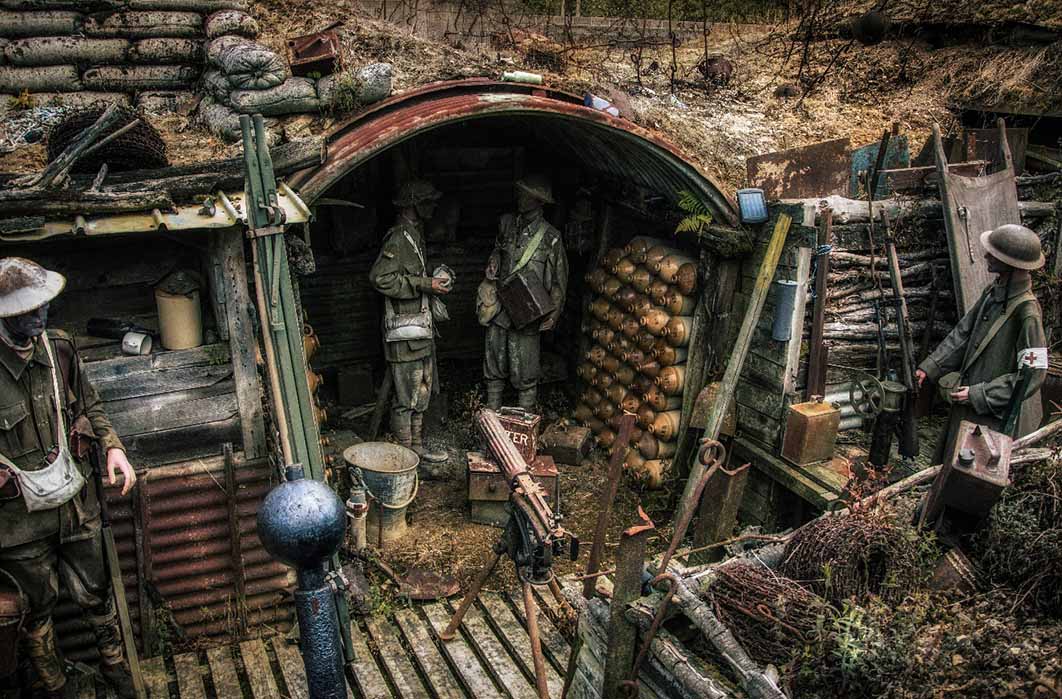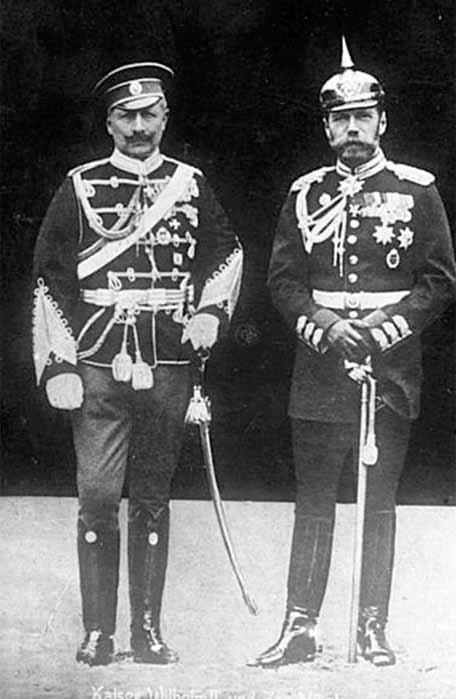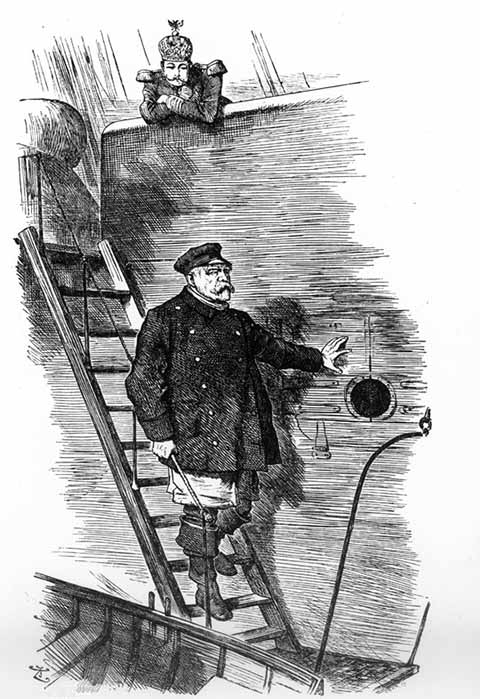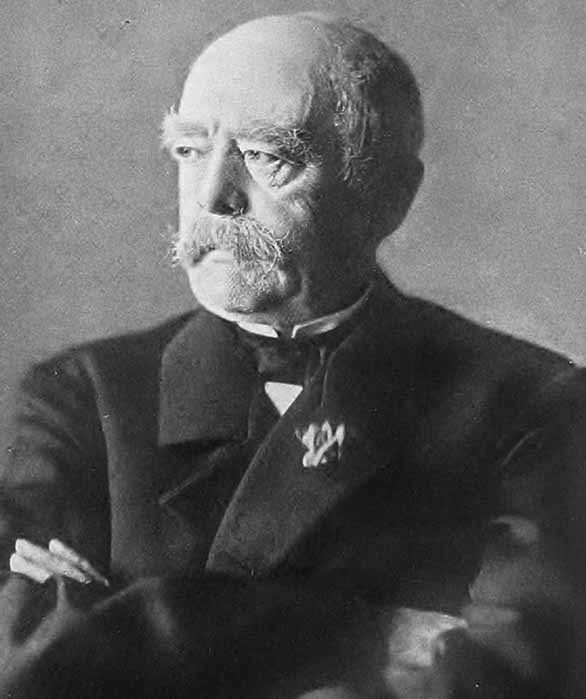
Kaiser Wilhelm II Autocrat Or Pacifist In World War I?
Was World War I inevitable? If so, when did it become so, and why? Contrary to general belief, the war could have been averted or prevented altogether had two of the crowned heads involved had more rather than less power over their own governments: the German Kaiser Wilhelm II and Tsar Nicolas II of Russia, both of whom were intent on avoiding war.

Kaiser Wilhelm II and Tsar Nicolas II (German Federal Archives / CC BY-SA 3.0)
Cause and effect are the lifeblood of history, but there is still no consensus on the cause or causes of World War I. The verdict of British Prime Minister David Lloyd George was that “The nations slithered over the brink into the boiling cauldron of war…” This may be labelled the accidental theory. Inevitability is another popular explanation---or non-explanation. In Decisions for War 1914 (1995) Martin Wright put it like this: “War is inevitable, though particular wars can be avoided.” Professor Sir Harry Hinsley, for example, opined that “the First World War is far from being unique among the wars of modern history” since 1494. The 19th-century British Prime Minister Lord Salisbury opined that “Europe would avoid another great war only if it became a federation.” For someone who had lived through the bloody American Civil War of 1861-65 this is a remarkably obtuse prediction. Why, after all, should a federal Europe be any more immune from war than a federal United States?
The Despotism Of Germany
Harry Hinsley in Decisions for War 1914 (1995) fastened on “willfulness amounting to paranoia on the part of the men who governed Germany.” A similar view was expressed on November 6, 1917, while the war was still raging, by former United States President Theodore Roosevelt, who placed the blame on the “diplomacy of despots”, and, more particularly, on “the despotism of Germany,” adding: “This war was made by the militaristic and capitalistic autocracy of Germany…”
This view, shared by many other commentators, both then and now, draws no distinction between the German Government and the Kaiser, who is cast as the arch-villain. “We shall squeeze the German lemon until the pips squeak” was a popular election cry in the British General Election of December 1918. But Prime Minister David Lloyd George had a more personal slant: “Hang the Kaiser.” Article 227 of the Versailles Treaty of 1919 called for the Kaiser to be tried by a special tribunal of five judges, one from each of the victorious Allies, “for a supreme offence against international morality and the sanctity of treaties.” But the Netherlands, which had granted the Kaiser asylum, refused to extradite him, so no trial ever took place.
Otto von Bismarck, the Chancellor who dominated German policy making until Wilhelm II assumed the throne in 1888. (Public Domain)
Kaiser vs Chancellor
“Dropping the Pilot”, a famous Punch cartoon (drawn by Sir John Tenniel of Alice in Wonderland fame), shows Otto von Bismarck’s forced resignation as German Chancellor in 1890, after nearly 30 years of service to the Prussian and German crowns. Indeed, the unification of Germany under Prussia in 1871 was largely Bismarck’s doing. With his characteristic eye for detail, Tenniel portrays Bismarck in the foreground as a no-nonsense professional old helmsman, while a diminutive crowned young Kaiser Wilhelm II looks on petulantly with folded arms. The message is clear: Expert statecraft is being replaced by hotheaded youthful caprice.

Dropping the Pilot. Cartoon by Sir John Tenniel (1820–1914), first published in the British magazine Punch, 29 March 1890 (Public Domain)





